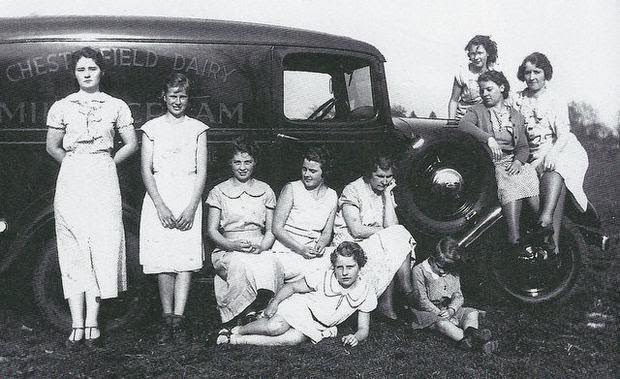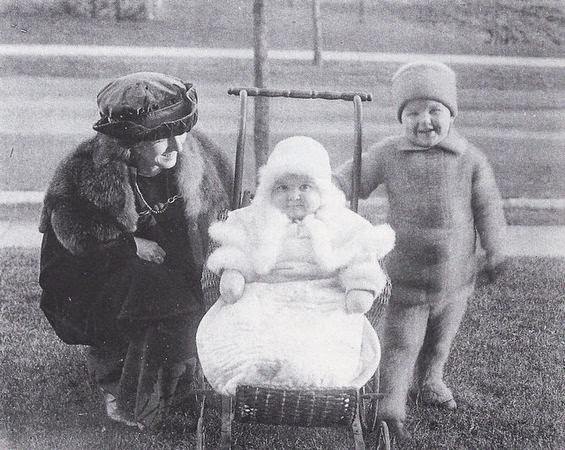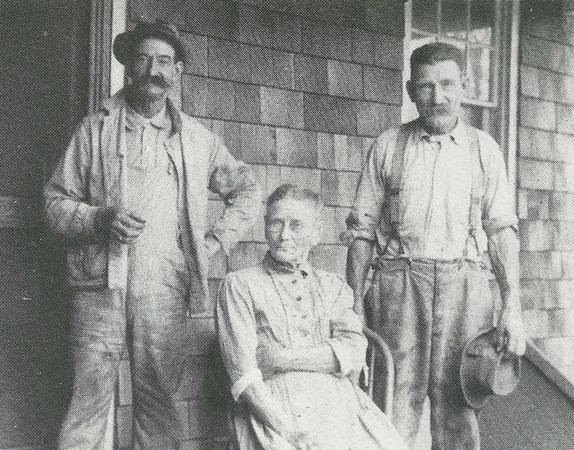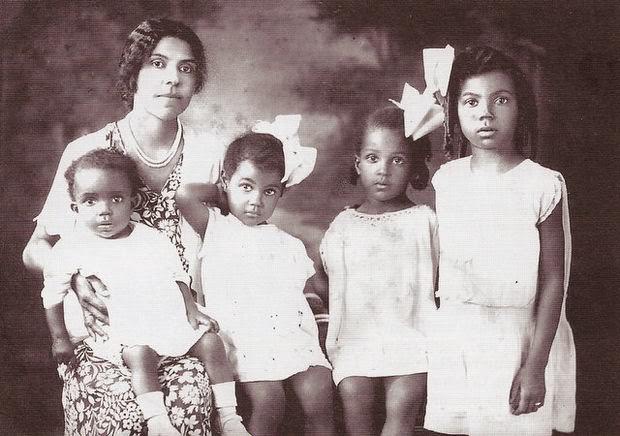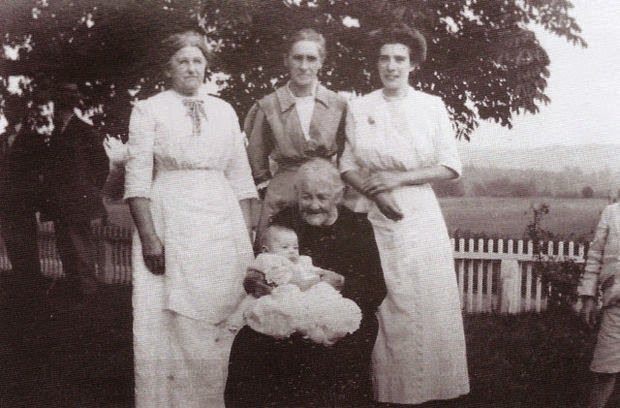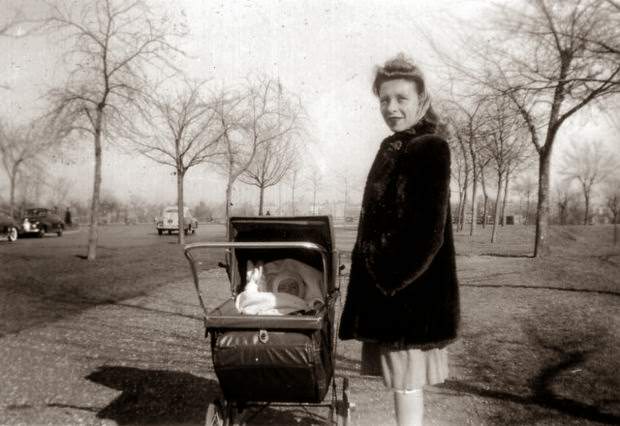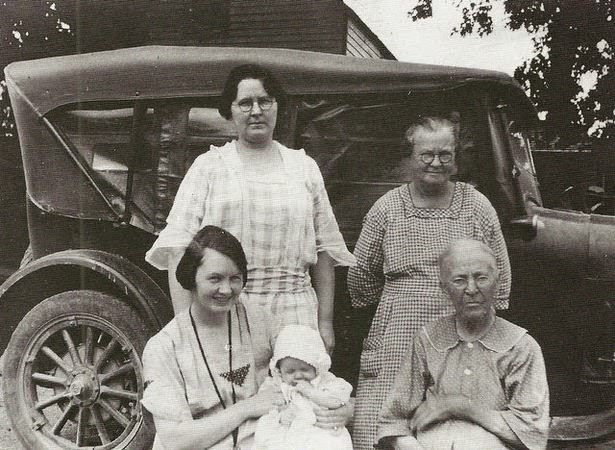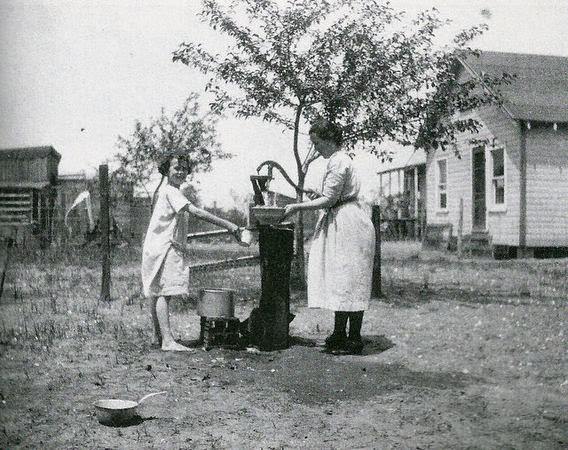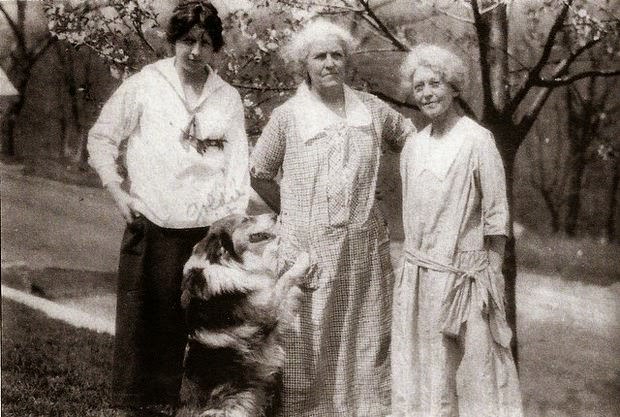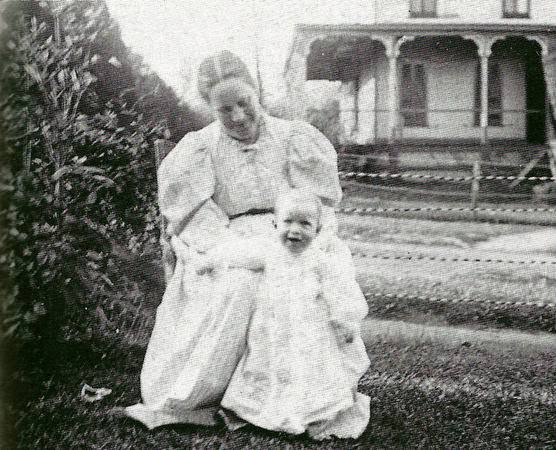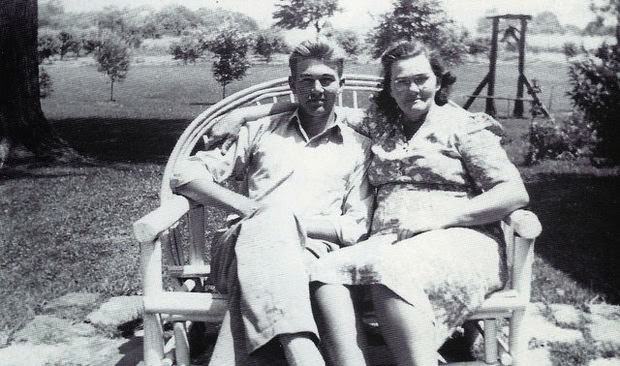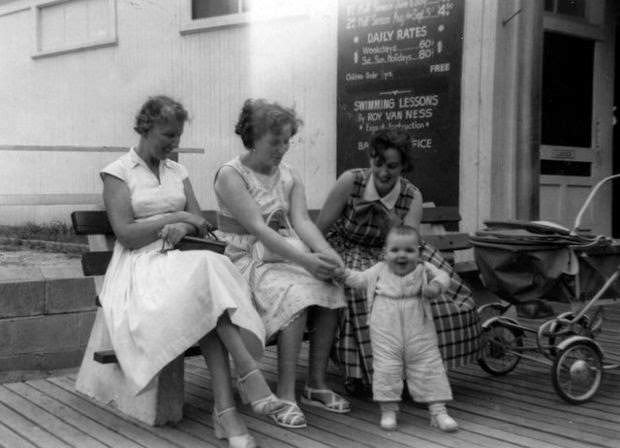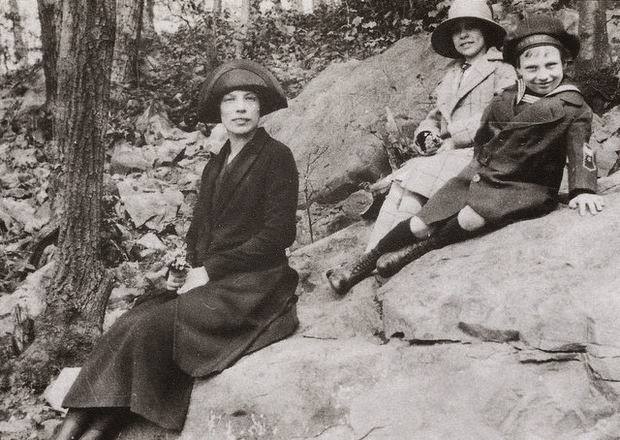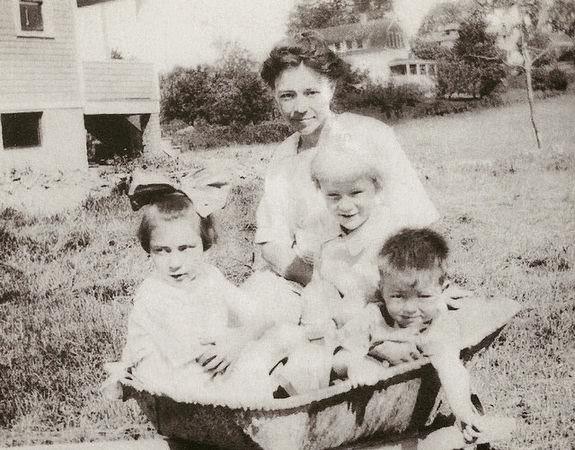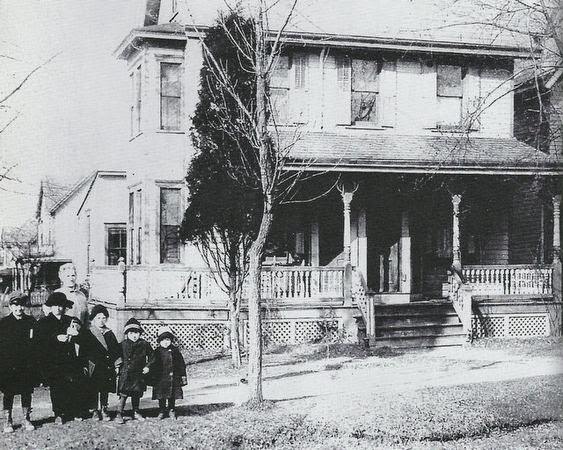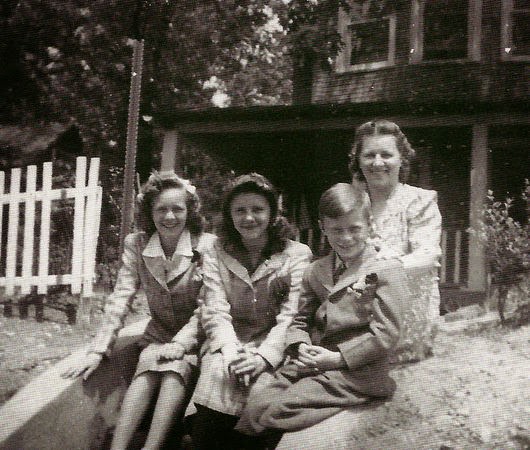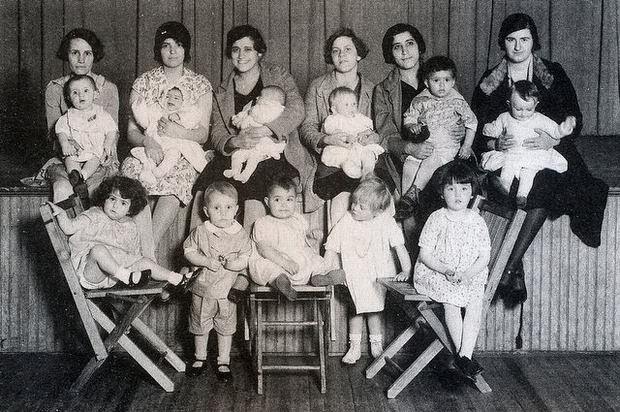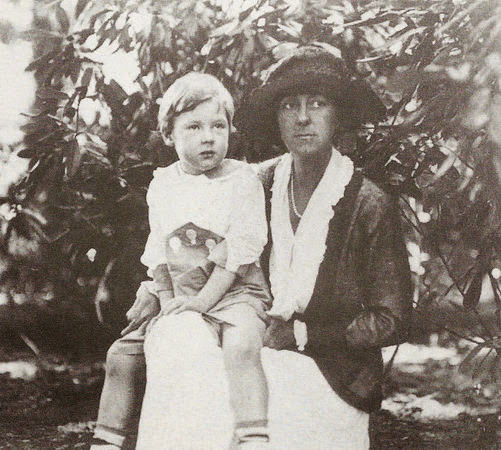In the early 1900s, New Jersey was shifting from a mostly rural state to a hub of industry and immigration. Mothers navigated this change while raising children in conditions that ranged from crowded city neighborhoods to isolated farmsteads.
In industrial cities like Newark, Paterson, and Jersey City, many mothers lived in tenement housing. Apartments were small, often with limited light and ventilation. Mothers balanced housework with income-earning tasks such as sewing, laundry services, or factory work, all while caring for children in tight quarters.
On farms in Hunterdon, Sussex, and Salem counties, mothers often worked alongside fathers in the fields, tended livestock, and preserved food for winter. Children were part of this labor system early, helping with chores as soon as they were able. The work was demanding, but it kept families self-sufficient in areas where stores and services were far away.
Read more
Immigrant mothers faced additional challenges. Large waves of families arrived from Italy, Ireland, Poland, and Eastern Europe, bringing with them their own languages, traditions, and child-rearing practices. These mothers often had to learn English, navigate new schools for their children, and adapt to a different pace of life while holding on to cultural customs.
Public health concerns shaped motherhood during this period. Outbreaks of polio, measles, and tuberculosis were common. State and local governments began offering visiting nurse programs, milk stations, and sanitation campaigns, and mothers played a central role in adopting these changes to protect their children.
Education opportunities were expanding, and mothers were often the ones encouraging attendance. New Jersey’s push for compulsory schooling meant more children in classrooms and fewer in factories, though some older children still worked part-time to help support their families.
Community networks were strong. In towns and neighborhoods, mothers exchanged childcare, shared recipes, and passed down skills like sewing, gardening, and home remedies. Churches, social clubs, and settlement houses offered support, especially for mothers raising children far from extended family.
The daily realities of New Jersey mothers in the early 1900s were shaped by location, work, and cultural background, but all shared the same central task—raising the next generation through times of rapid change.


